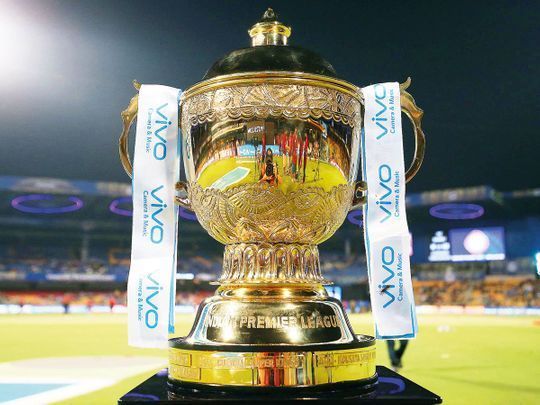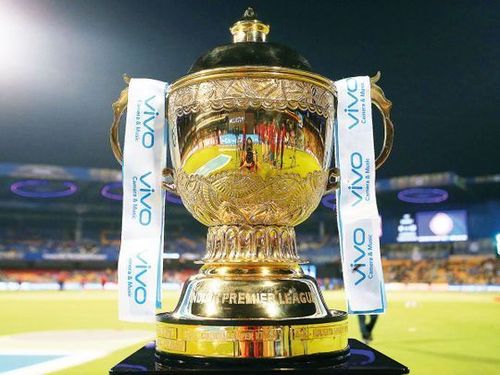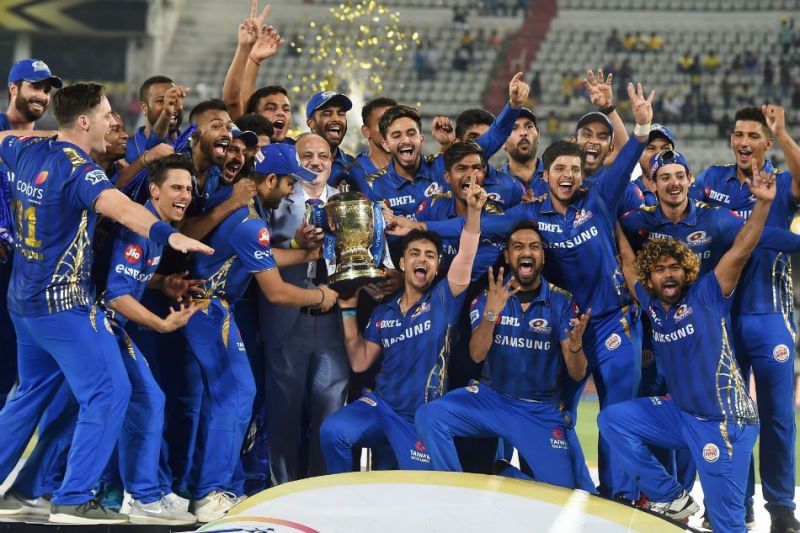
IPL 2020 indefinitely suspended, no cancellation yet

After weeks of postponing the Indian Premier League, the Board of Control for Cricket in India (BCCI) have decided to suspend IPL 2020 until further notice.
The temporary suspension of the IPL comes after BCCI postponed the league to commence on April 15, after the coronavirus pandemic made it impossible for the event to kick-start on March 29.
It has come to light that the decision to suspend IPL 2020 until further notice was taken by a panel consisting of the likes of BCCI president Sourav Ganguly and IPL chairman Brijesh Patel.
"IPL 2020 suspended indefinitely, not cancelled"
The IPL was initially scheduled to be played from March 29 at Wankhede. However, the coronavirus pandemic propped up issues such as visa denials for foreign players which prompted the BCCI's top brass to postpone the event.
Although IPL 2020 was pushed to April 15, the 21-day lockdown period announced by Indian Prime Minister, Narendra Modi meant that the upcoming season was certain to be pushed by a few more weeks or months.
"BCCI is looking towards the end of the year for a window, probably September onwards. As of now, seeing the current world situation they do not want to take any hasty step that will affect the future of the sport or the people of India," a BCCI source told Sportskeeda.
Contrary to a few reports suggesting that the IPL could be conducted without the presence of overseas players, the source added that the sheen of the IPL is lost without foreign players taking part.

However, it seems unlikely that the IPL will be contested any time soon this year since one of the major factors being taken into consideration is the international borders opening up to allow the travel of foreign players.
With regards to potential cancellation of the IPL, our source added, "Till December it can be monitored, a lot of people will lose a lot of money if this happens, but lives are also more important. If the situation doesn't improve till September, then BCCI will take a major call. As of now, its close monitoring."
(With inputs from Suromitro Basu)